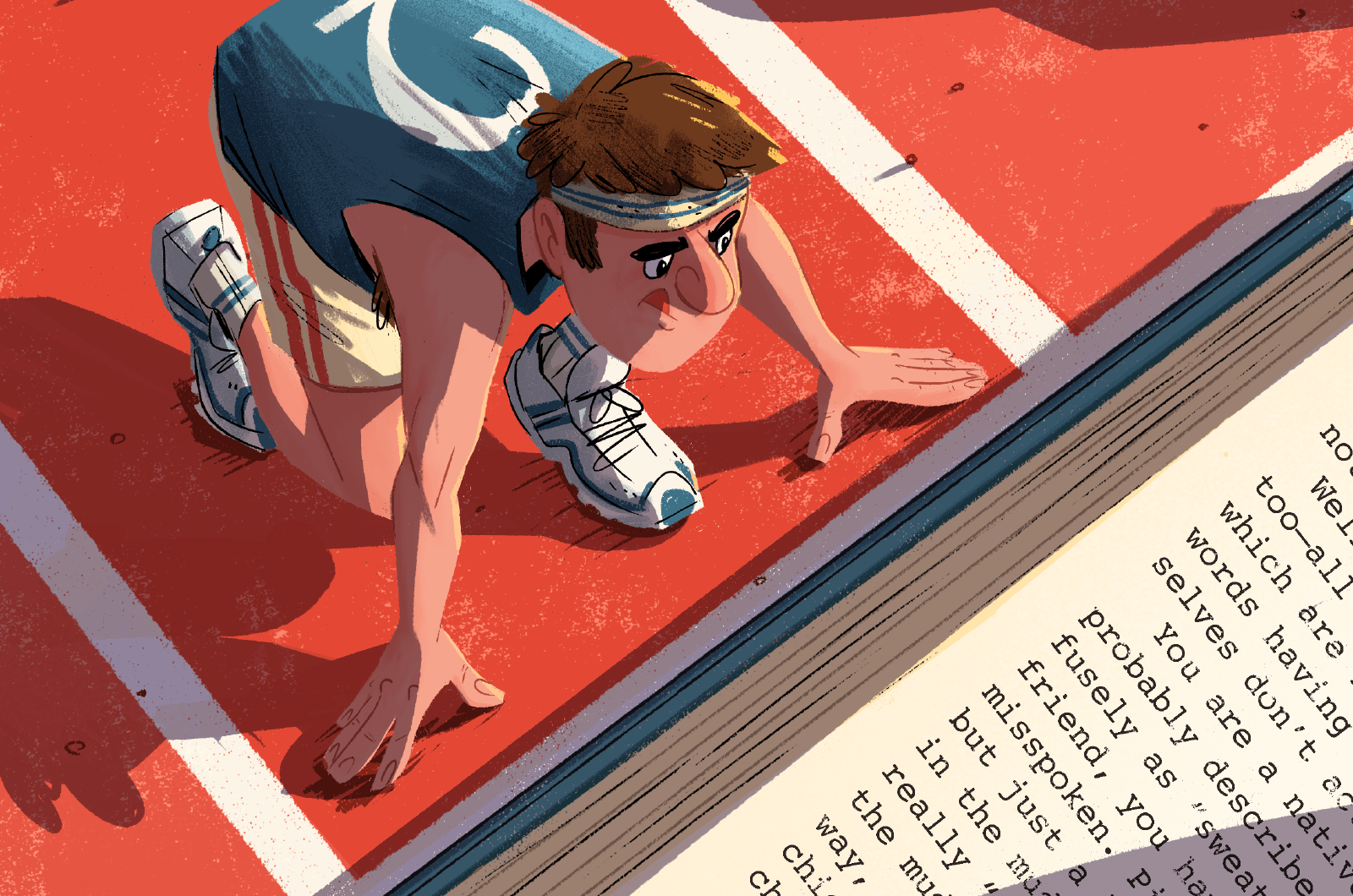The Best Hobbies to Help Develop Soft Skills
Soft Skills – What Is It?
In simple words, soft skills are skills of a general nature that are associated with personal qualities. They are not related to professional skills or associated with a particular specialty. Unlike hard skills (profession-related), soft skills are difficult to measure. For example, it is difficult to determine a person’s level of communication skills, but knowledge of a foreign language or some kind of program is easy to evaluate.
There are a lot of soft skills. Their need depends on their social status, profession, and life goals. But there are key soft skills absolutely everyone needs in the modern world, and they are unlikely to lose their relevance in the future. Here they are:
- communication;
- people management, projects;
- problem-solving;
- decision making;
- emotional intellect;
- working in uncertainty mode;
- lean production;
- green thinking;
- self-reflection;
- nonviolent communication;
- learnability.
There are many options for developing these and other soft skills: you can attend relevant training, take online training, or study thematic literature. But there is another way that will surely appeal to everyone focused on personal growth without leaving their favorite business. They can be developed through various hobbies!
Exciting Hobbies for the Development of Soft Skills
Sport
Sport brings purposefulness to a person and makes them proactive. It is noteworthy that in many large companies, sports have become an integral part of corporate life, which helps to rally the team and even increase the company’s profits. Sports games teach team building, mutual assistance, discipline, responsibility, and interpersonal communication. An active joint hobby helps identify team leaders and enterprising employees.
Team sports, for example, football, train such soft skills as the ability to navigate in the current conditions quickly and concentrate on several tasks at the same time (a football player must dribble not only the ball but also monitor the position of the opponent, calculate the trajectory of the impact, etc.)
Chess
Playing chess teaches you to think from the outside, anticipate events, understand your opponent, and develop attention. In this intellectual battle, the one who knows how to increase concentration at the right time wins.
When playing chess, a person is completely immersed in the process, and few can boast of the ability to go headlong into a specific business today due to gadgets and the Internet, which constantly distract attention. However, the game teaches you to make quick decisions in conditions of limited time and self-reflection: even if the participant wins, they will still analyze their actions and the moves of their opponent to improve the quality of their game.
Acting
In fact, the ability to play a certain role and stay in public will be useful to everyone, regardless of the chosen profession. Acting is not only talent but also psychology and self-knowledge. A person fond of acting learns to go beyond their behavior and emotions to adapt to various situations.
To get used to the role, you need to understand other people’s feelings. Therefore, actors carefully study their characters, particularly their body language, gestures, and facial expressions. The skill of understanding someone else’s consciousness is also helpful in everyday life, thanks to it, you can easily read the emotional state of a person and distinguish where they are telling the truth and where they are cunning.
In addition, those who are fond of acting know how to control their emotions.
Writing
It may seem at first glance that writing an article, let alone a book, is a piece of cake, but in fact, writing requires high concentration and determination. A true professional knows how to manage their time, emotions, and mood, and this helps to complete the work on time. Plus, a good writer is prone to self-analysis and adequately perceives comments because any job will always have both admirers and critics.
Another valid argument in favor of writing is that it is a fun activity that teaches strategies for small goals. Its meaning is to achieve results with the help of small steps. For example, instead of setting yourself the purpose of writing at least two thousand words daily, try writing a paragraph every day for a while. It is a great way to pump creativity, associative thinking, and self-control. And if having no experience you want to make it your hobby, and don’t know where to start, just get yourself a diary and write down all your ideas there.
Puzzles
Puzzles activate both hemispheres of the brain. When you are trying to put the picture together, analytical and creative thinking are connected, which means that such a hobby helps develop the ability to approach problem-solving comprehensively. Doing puzzles improves short-term memory: in search of a suitable piece, a person remembers the shape and color of the rest of the picture on which their gaze falls. In addition, the constant idea of what the image should turn out as a result helps to develop spatial and visual thinking.
Modeling
Working with small details requires perseverance and high concentration. In addition, the assembly process may not always go according to plan, and sometimes you have to disassemble and assemble the model again, so for those who have taken up this business and intend to reach the end, stress resistance is provided.
Scientists have proven that 3D modeling contributes to developing innovative thinking, creativity, and society responsible for their inventions. Working on a three-dimensional object helps to gain skills in demand on the labor market, and young creators decide on their future profession. Modeling is such an exciting activity that it can even be turned into a family hobby.
Conclusion
Whatever hobby you choose for yourself, first, you need to understand what soft skills you need to develop. All in all, there are an infinite number of hobbies that boost soft skills, and almost all help with self-development. Even computer games, perceived by many as a waste of time, train volitional qualities and logical thinking well. But, of course, it also depends on the game’s scenario.
For premium readers







